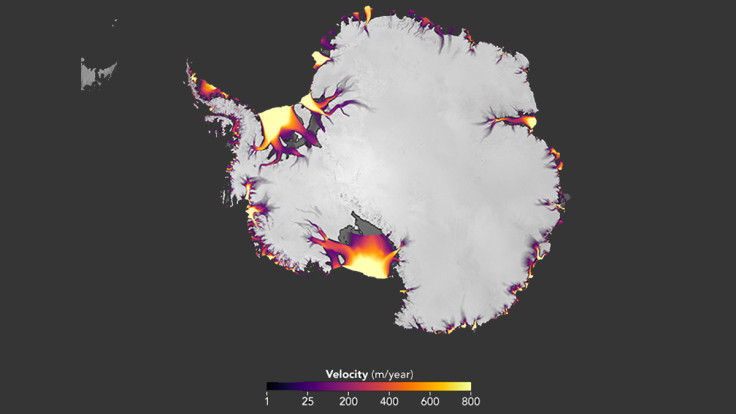Scientist talks about life in the only coronavirus free continent and it is 'surreal'
Those residing in Antarctica have been screening new arrivals for coronavirus since earlier this year.
What appeared to be an unidentified virus that caused pneumonia was initially reported late in 2019. Most cases were isolated within Wuhan, which is the capital of Hubei province in Central China. Now, SARS-CoV-2 already made its way around the globe and has disrupted economies and healthcare systems. Most officials blame the Chinese government for the lack of transparency and have launched investigations into the matter. However, it seems that the only continent that remains free of the COVID-19 pandemic is Antarctica.
The Mirror published an article wherein a member of the British Antarctic Survey (BAS) shared details about the current health crisis. The team's marine biologist Nadescha Zwerschke has been residing in Rothera Research Station for 16 months already. She, along with other scientists are reportedly studying the aquatic food system and the effect climate change has on the balance of the delicate ecosystem.
Those residing in Antarctica have been screening new arrivals for coronavirus since earlier this year. Aside from the BAS, several other countries likewise have established research stations in the continent. Zwerschke, 34, shares: "Screening began in early February with people coming into Antarctica screened for coronavirus symptoms. If they had exhibited symptoms, they would be required to quarantine for 14 days.
"World events seem very surreal when you're so far away. Most of us have been in daily contact with friends and family and BAS is keeping us informed about what is happening. We also have access to the internet and social media, and there is a daily newspaper with the main news," she said. "There is currently no coronavirus in Antarctica and BAS has a number of precautionary measures in place to keep Antarctica and its stations virus free."

Experts closely monitoring the CO2 levels around the globe believe that lockdowns in response to the pandemic will reduce the levels of greenhouse gases in the atmosphere. However, it is to early to determine if it made an impact on the "climatic conditions" in the Antarctic. A vaccine for COVID-19 is yet to be developed, but many medical experts are already conducting clinical trials for possible treatments. Nevertheless, there have been several promising results that might be published soon.
© Copyright IBTimes 2025. All rights reserved.





















